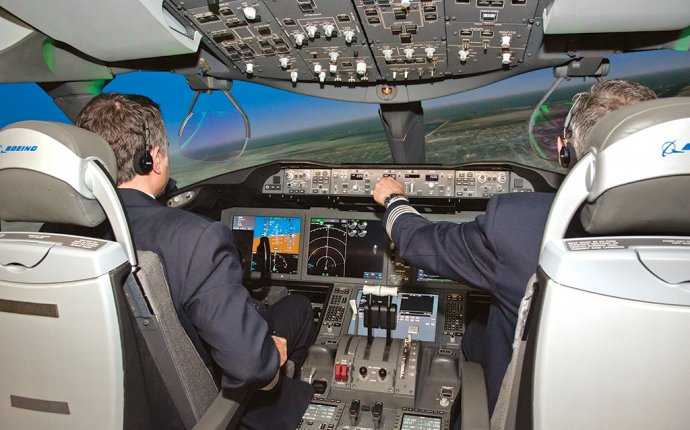
How to become a UPS pilot?
A United Parcel Service Inc. pilot who said he felt tired was descending too steeply when his plane struck a hillside in Alabama and crashed before dawn last year, according to documents released by U.S. investigators.
Captain Cerea Beal told a fellow UPS pilot within a day of the fatal Aug. 14 flight that “the schedules are killing him and he could not keep this up, ” according to records released today by the U.S. National Transportation Safety Board.
The NTSB is holding a one-day hearing into the accident, in which Beal and his co-pilot were killed, about six weeks after cargo airlines were exempted from new U.S. rules to limit the hours passenger-airline pilots can fly, particularly late at night. UPS is the world’s largest package-delivery company.
Cargo-airline pilots often fly at night ferrying parcels around the country for daytime delivery, a practice that has raised calls by unions to limit work hours. UPS’s pilots union, the Independent Pilots Association, has lobbied Congress and sued the Federal Aviation Administration to extend the pilot rest rule to include cargo airlines.
Documents and testimony at today’s hearing showed the pilots made several errors as they attempted to touch down at Birmingham-Shuttlesworth International Airport’s Runway 18, which is 5, 000 feet (1, 524 meters) shorter than the alternate landing strip and lacked an instrument-landing system that guides aircraft on a constant descent.
The longer runway, which was closed for maintenance, reopened a few minutes after the crash.
Proper Rest
The documents also raise questions about whether pilots did all they could have done to get proper rest before the flight.
Beal, 58, of Matthews, North Carolina, and First Officer Shanda Fanning, 37, of Lynchburg, Tennessee, died, according to a release by Atlanta-based UPS. It was the second fatal airline crash on U.S. soil last year. An Asiana Airlines Inc. plane struck a seawall while trying to land in San Francisco July 6, killing three passengers.
While Fanning went off duty at 6:15 a.m. the day before the accident and didn’t report to work until shortly before 9 p.m., she could have been asleep no more than 5 1/2 hours, according to an NTSB analysis of her schedule. Hotel and witness records showed she left her room for most of the day, according to the NTSB.
‘So Tired’
Fanning, in comments recorded on the plane’s crash-proof recorder in the cockpit, talked about her fatigue. About an hour before the accident, as the pilots readied their plane to leave Louisville, Kentucky, she told Beal she had gotten “good” sleep the day before and napped in a crew-rest facility at the airport.
“When my alarm went off, I mean, I’m thinkin’ I’m so tired, ” she said, according to the NTSB transcript.
Beal had been off duty for seven days before reporting to work on Aug. 12, according to the records. He had called in sick on Aug. 9 at the same time he was attending a family reunion, according to the records.
The company, in a statement distributed at the hearing, cautioned against concluding that the pilots’ work schedules contributed to fatigue. Pilots are responsible for getting adequate rest while off duty, UPS said.
Approach Errors
Flight 1354, an Airbus SAS A300-600F, hit a hillside cloaked in darkness less than 1 mile (1.6 kilometers) from the runway, breaking apart and bursting into flames at 4:47 a.m. local time. It had left from Louisville, the air hub for UPS.









